Chairman of the Romanian Cultural Institute (ICR) Liviu Jicman, said on Friday, at the opening of the conference "Multilingualism in today's Europe", that European Day of Languages is a chance to overcome conflicts, through mutual knowledge.
"The European Day of Languages is a programme that gives us an extra opportunity to get to know each other better, to promote multilingualism, which is an opportunity for young people, it is a chance to develop creativity, it is also a chance to overcome conflicts through mutual knowledge," Jicman told AGERPRES.
He added that ICI that the Romanian Cultural Institute (ICR) organizes in Bucharest an extensive program dedicated to the European Day of Languages, as well as in the representations abroad, in partnership with EUNIC or individually, most of the activities being dedicated to young people and children.
"I am glad that, together with the other cultural institutes present in Bucharest, ICR organises an extended programme on the Day of Languages, which also includes a conference on multilingualism, along with many other activities, demonstrations, presentation of the offers that cultural institutes have for teaching foreign languages, educational offers and demonstration classes."
Jicman pointed out that the Romanian language is promoted in many ways by the Romanian Cultural Institute, from Romanian language courses to all programmes dedicated to written culture, literature, to those dedicated to theatre and film.
First of all, we organise Romanian language courses in all our representation offices. In Bucharest we have a very consistent programme that, this autumn, I think broke records. We reached 450 students, after we launched a free programme dedicated to refugees from Ukraine. But, in the end, the word is part of artistic manifestations and in other arts, whether we think of theatre or film," Jicman said.
He added that an exhibition is opened at the Great Hall of the ICR, organised together with the Illustrators' Club, which, "even if it is the expression of fine art, starts from the word and from the story.".
The ambassador of Ukraine to Romania, Igor Prokopchuk, a guest of honour of this edition, emphasised at the conference the importance of protecting Europ pointed out I e's linguistic diversity for present and future generations, showing that, in times of conflict, language is not only a tool of communication, but an anchor of identity, a repository of memory and a foundation for national unity.
The Ukrainian diplomat also said that in his country, Ukrainian is the state language, but all national minorities enjoy favourable conditions to preserve their mother tongue and cultural traditions.
Publicist and political scientist Ioan Stanomir, professor at the Faculty of Political Science of the University of Bucharest, showed that multilingualism remains a concern for our nations.
"And I would say that, especially in these dramatic moments to us, it is important to remember why languages matter and why they are an essential part of our identity heritage," said Stanomir.
In his speech, the political scientist referred to the extralinguistic, symbolic dimension of languages and to "the way in which the 20th century related to languages, trying to destroy them in the name of ideologies".
"I am thinking of Nazi Germany and the Soviet Union" said Stanomir, adding that "this impulse of the Soviet Union to destroy languages and peoples continues, unfortunately, to be carried forward by the Russian Federation today."
Giving speeches to the conference, organised by the Romanian Cultural Institute, through the EUNIC and Multilingualism Department, together with the EUNIC Romania cluster, at the ICR headquarters, were: Leonard Orban, former European commissioner for multilingualism, Orysia Demska, linguist, PhD in Philological Sciences, Ukrainian Institute (virtual attendance), Serafin Flunger, German language teacher and lecturer of German language teaching in Romania, Reka Pupp, professor at the Department of Hungarian Studies at the University of Bucharest, and Alena Klimesova, professor of Czech language at the Department of Slavic Languages at the University of Bucharest.
Established in 2001, European Day of Languages is celebrated every year on 26 September to showcase the richness of cultural and linguistic diversity in Europe.
The Romanian Cultural Institute joins the celebrations of the European Day of Languages Abroad, promoting multilingualism and intercultural dialogue through its representative offices in Austria, Belgium, Israel, Italy, Japan, Poland, Portugal, Spain, the United States of America, Sweden and Hungary. The events are organised in partnership with the EUNIC (European Union National Institutes for Culture) network, together with the European cultural institutes that are members of EUNIC and the Representations of the European Commission.

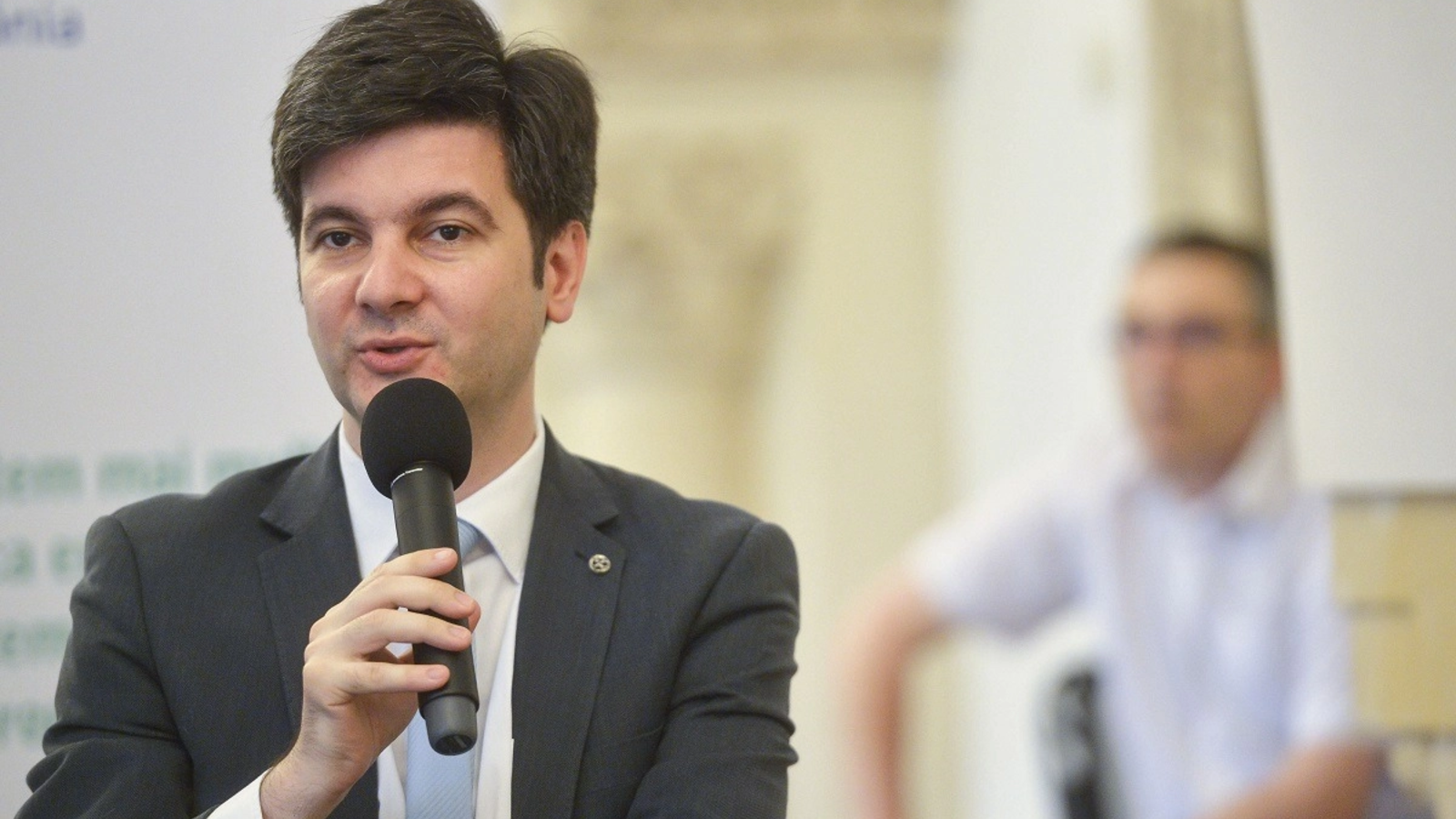



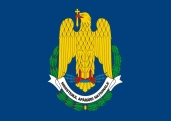
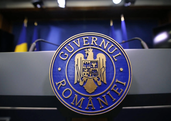



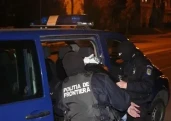
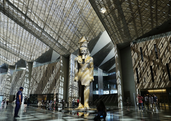
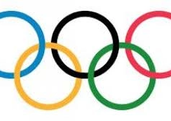
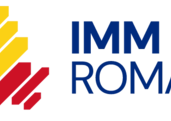
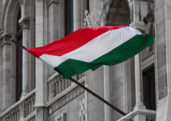

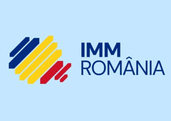
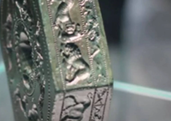






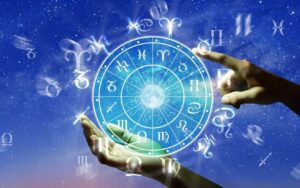







Comentează